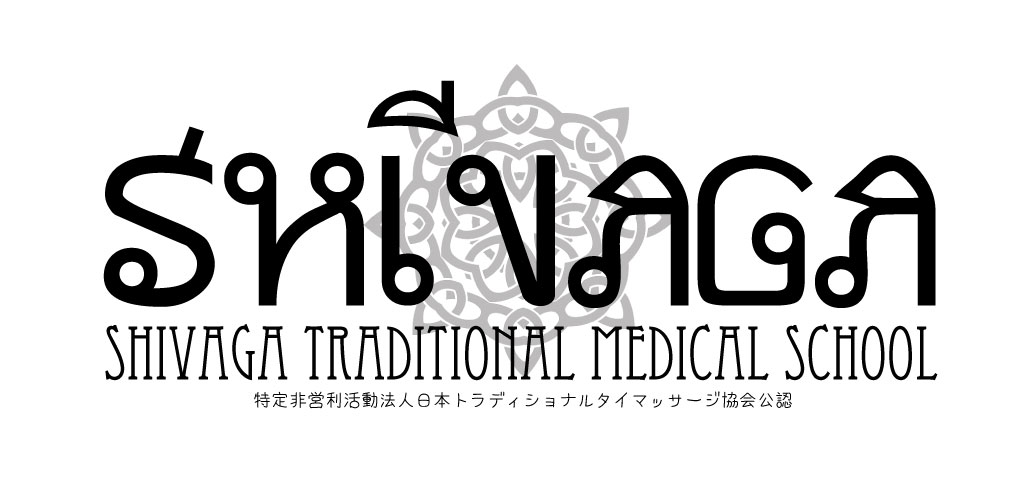
| →For Japanese |
 |
 |
 |
 |
 |
 |
 |
 |
 |

CLINICAL APPROACH |
||
| クリニカルアプローチ | ||
| Cough / throat / chest pain | ||
 |
||
If you continue to cough, you may have a hard time, exhausting your physical strength and disturbing your sleep. It's not so during the day, but at night the cough doesn't stop, the cold has already healed but only the cough doesn't heal, and the cough that involves sputum continues. What are the possible causes of these symptoms? If you have a cough within 3 weeks, the following illnesses are the main causes. Cold, bronchitis, pneumonia, pneumothorax, heart failure If you have a cough for more than 3 weeks, you may have the following illnesses: Post-infection cough, cough asthma, bronchial asthma, reflux esophagitis, chronic obstructive pulmonary disease, pulmonary tuberculosis, pertussis, chronic sinusitis (postnasal drip), lung cancer The "lung" in oriental medicine has the function of spreading water throughout the body and controlling sweat, and also has the function of preventing external illness (a factor that adversely affects the body). The presence or absence of resistance and the ability to regulate sweat indicate the strength of the lungs. If the lungs are weak, it is easy to get sick, and if the lungs are not moisturized, symptoms such as coughing and dry mucous membranes and skin will appear. The lungs control the lungs, bronchi, throat, skin, nose, etc., and the large intestine controls activities from the ascending colon to the rectum. Dryness and coldness, nerve fatigue, lack of spirit (necessary nutrients) and ataxia of God (simply metabolism) are greatly involved. If the liver and kidneys are not healthy, the lungs cannot work sufficiently. 80% of harmful substances (gas) generated in the large intestine are carried to the liver through the portal vein and processed, but in order to maintain the health of the lungs and large intestine, it is prohibited to leave it cold, intestinal bacteria The balance of the large intestine is easily lost, and toxic substances (gas) are easily generated, which puts a strain on the liver. In addition, the kidney is the organ that hates cold most, and when the kidney system weakens, it is said in Oriental medicine that it has an adverse effect on the lungs. According to oriental medicine, people with lung disorders or weakened functions have "white" skin and complexion. Think of the lungs and large intestine as a pair. The lung and large intestine are considered to be "gold" among the five natural elements "wood, fire, earth, gold and water" that make up all things. In the natural world, it plays the role of a "cloud" and has a barrier function such as air and moisture circulation and a filter. In terms of the human body, it corresponds to the lungs and large intestine, and has a great effect on respiration, water metabolism, and immune function. People who injure their lungs and large intestine are more likely to lose their sense of stability, be depressed, and be vulnerable to "loneliness." The oldest medical book in China, "Huangdi Neijing," states that "depressed lungs = depression (sadness and depression) damages the lungs." In Thai traditional medicine, the treatment is centered on the energy line of the lungs. It works on the lungs by incorporating many treatments that stimulate the "lung channel" (the line that flows from the base of the arm to the thumb of the hand) in the meridian. Normally, people use only two-thirds of their lungs to breathe and live. Yoga breathing, which uses the entire lungs to breathe deeply and slowly from the internal organs, purifies minute mental and physical stagnation and waste products such as nerve cells, and circulates fresh prana (Qi). |
||
|
||
| Clinical approach index page | ||
 |
Please contact TTMA School Information Free dial(JAPAN ONLY):0120-406-402 mobile:81-80-2069-6268 |
